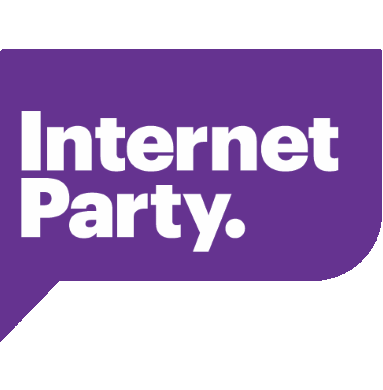The Internet Party supports innovative initiatives and the use of digital technologies that will enhance New Zealand’s art sector and strengthen our culture.
The Internet Party will:
-
Encourage the use of digital technologies that open new pathways to arts participation, education and engagement, and support initiatives that enhance Maori culture both domestically and internationally.
-
Promote the use of Creative Commons to help build an active culture of sharing, remix and reuse with a view to reforming copyright laws (see Copyright and Open Research Policy). Publicly funded copyright works are made available under an open Creative Commons licence after a period of time.
-
Initiate a review of current funding programmes and their social/economic outcomes, with the aim of strengthening infrastructure and support for artist development and the growth of audiences. We would investigate new and alternative income models that can benefit artists, like Voluntary Collective Licensing, and identify opportunities to double arts investment.
-
Support further discussion about the development of a Museum of NZ Music, NZ Broadcasters and Stage and Screen, with a Hall of Fame, to recognise past and present works and achievements.
-
Support further discussion about ways to increase the proportion of Kiwi music - especially new music - on commercial radio (matching the 40 percent on alternative radio).
Further details
-
The strong digital economy proposed by the Internet Party will create prosperity enabling further investment and opportunities to support and grow art and culture.
-
Creative Commons is a non-profit organisation that provides free copyright licenses that facilitate sharing and reuse of material, ensuring that works can be copied and distributed with credit provided to the artist/author. The use of Creative Commons licences contributes to the global pool of reusable works, “helping create a culture of sharing, reuse and innovation”.
-
NZ On Air Music tweetedon July 17 that alternative format radio played 42.01 percent NZ music the week prior. At the same time, commercial format radio was no higher than 17 percent.
-
Internet Party Policy Incubator feedback suggests increased attention to arts is needed in schools, along with arts incubator programmes to nurture our next generation of artists.
-
A consultation by the Contemporary Popular Music Group Music Forum (CPMG) and the Music Commission found there is a definite need to improve the artist development process and help the industry grow arts audiences. Better industry infrastructure (services and expertise) can connect artists to audiences, domestically and internationally (that is, managers, art curators and producers, promoters, labels, and media).
-
Arts organisations understand that Internet and digital technologies are critical to the spread of the arts and have played a major role in broadening the boundaries of what is considered art. They have also disrupted much of the traditional art world, changing audience expectations and put pressure on arts groups to participate actively in social media.
-
Internet-enabled opportunities like crowdsourcing, micro payments, direct distribution and global audiences can assist art and culture projects.
